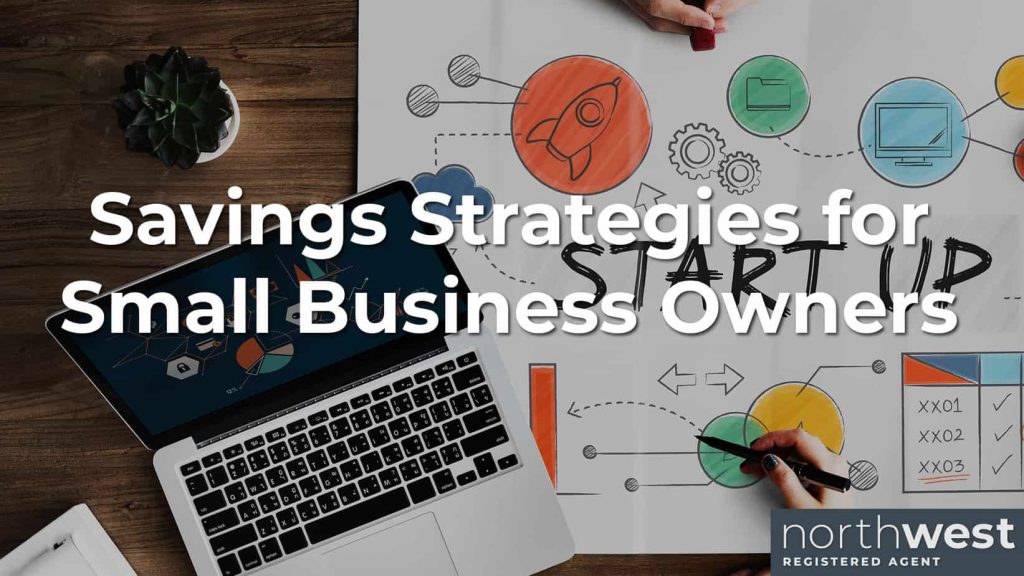Savings Strategies for Small Business Owners

Every small business owner knows that cash seems to disappear as fast as it comes in. Whether you want to expand your business or just maximize your money, saving is your best option. Saving here and there can boost your bottom line. Saving for the long term is most easily done by making small saving efforts today, and allocating those savings pragmatically. Once you have a good idea of your expenses, finding savings is really just a matter of knowing where to look. Even on the tightest operating budget, there are a few not-so-obvious strategies you can try in order to find the money for saving.
DIY Wherever Possible
With a little drive and ingenuity, you can save yourself tons of money by adopting a DIY attitude. Consider managing your own marketing or PR. With the internet and the explosion of social media, there have never been more opportunities for self-promotion. A properly managed Instagram, Facebook, or Twitter page can be huge tools for marketing, and they can all be done from just your phone. You can use tools like WordPress or Wix to create and manage your own website. Paying outside firms to manage these tasks can cost you thousands of dollars per year. If you have the drive, you can save a lot!
Never Be Afraid To Negotiate
All goods and services—and the prices you pay for them—are open to potential negotiation. After all, the worst a provider can say is “no.” Often vendors are more than willing to offer discounts to their clients in hopes of establishing a long term business relationship. Also, many wholesalers offer discounts when invoices are paid promptly. Even a 1-2% discount can be seen as percentage points added to your profits, and then to your savings.
Minimize Your Insurance Costs
The bottom line is that you should have as much business insurance as you can reasonably afford. An in-depth review of your business insurance requirements is the first step. The more your insurance broker knows, the more they can shop around to find you the best deal. If the nature of your business means you have a lot of insured assets, whenever you renew your insurance, it’s important that your policy reflects any changes in those assets. You may also find better deals by looking into group rate insurance policies available to members of professional organizations or chambers of commerce.
Buy Goods in Bulk
If you can be sure that nothing will go to waste, you can save a ton of money by buying goods in bulk. Getting a huge discount on large orders enables you to clear more profit. If you already have a certain cost factored into your business model, anything you cut off of that cost is pure savings.
Make The Most Out Of Your Employees’ Time
Employee costs can be one of the biggest factors in a small business’ operating costs. This means maximizing the time that your employees are on the clock. You can do your part in this by streamlining meetings, encouraging telecommuting and by offering perks that keep your employees happily working instead of leaving the office.
Invest, Even If It’s Not Back Into Your Business
Maybe it doesn’t make sense to put every penny you earn back into your business in this moment. That’s okay; it still a good idea to invest your profits elsewhere. If it isn’t the time to expand, consider putting your money into an interest-generating account.
Choose The Right Business Entity
You can save yourself tons of money down the road if you form your company in the way that best protects your assets and provides the most efficient form of taxation. That’s done by picking the right kind of business entity for your needs. Shielding yourself from unwarranted legal consequences or heavy tax burdens is why there are so many different kinds of businesses to choose from. LLCs, for instance, have limited liability and multiple tax election options. There are many online resources to help you find the best choice for your business.
It can be really hard to save money, especially if you are just starting out as a small business owner. The good news is that it’s a lot easier to “find” money then it is to specifically allocate an amount for savings. Think of the money that you can find as money that you should save. If you weren’t planning on it being there anyway, the most logical thing that you can do is save it. In order to expand your business—or expand your lifestyle—you’re going to have to save some of those profits one way or another.



